Cover Story
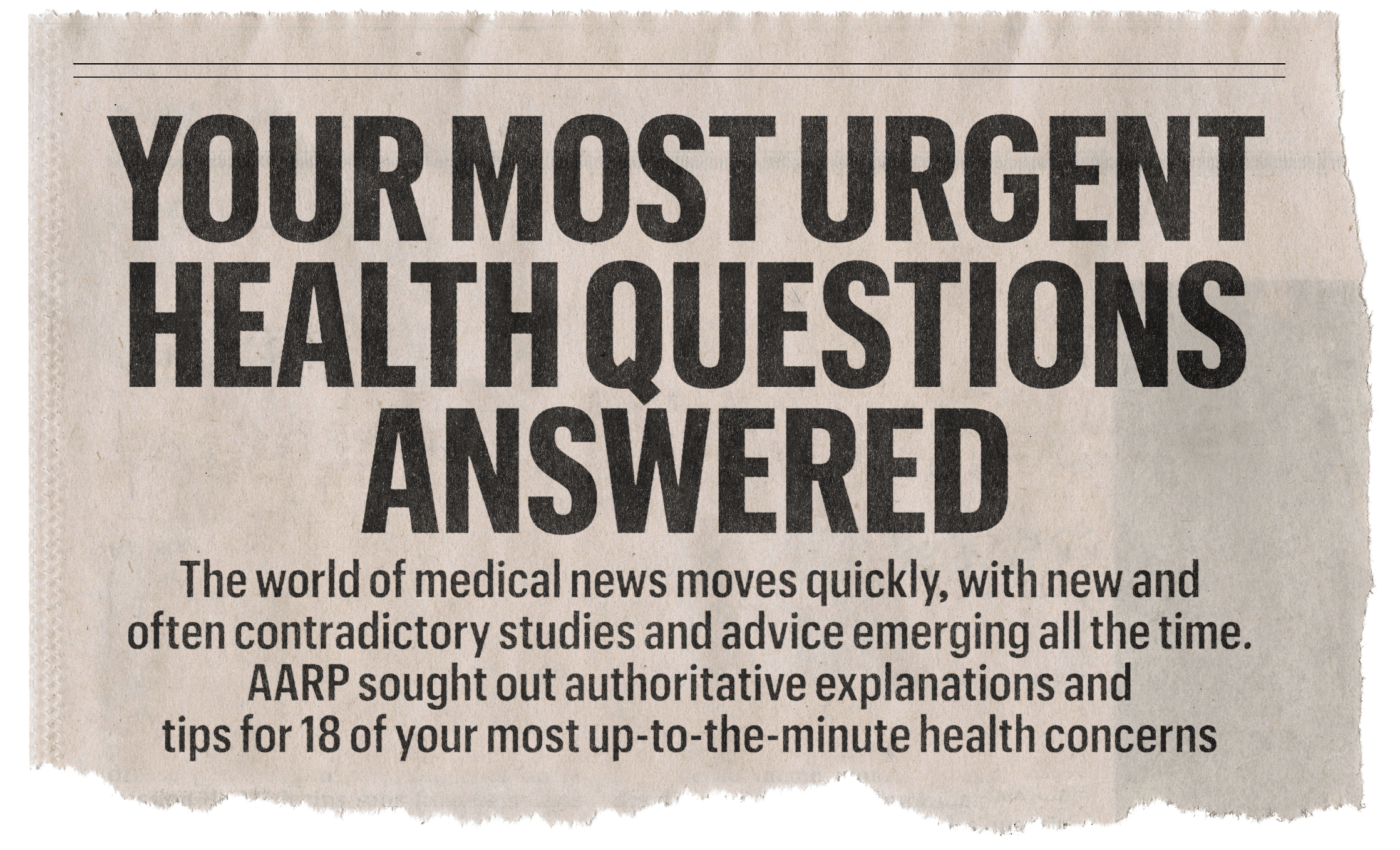
BY BETSY AGNVALL, JESSICA MIGALA, RACHEL NANIA, NICOLE PAJER AND CORI VANCHIERI
RSV
I heard a new RSV vaccine for people 60-plus was approved last spring. Is this something I need to get?
YOU SHOULD ASK your doctor about getting one before the worst of winter sets in. RSV affects more than kids: The virus sends as many as 160,000 adults 65-plus to hospitals each year, says the Centers for Disease Control and Prevention, and kills as many as 10,000.
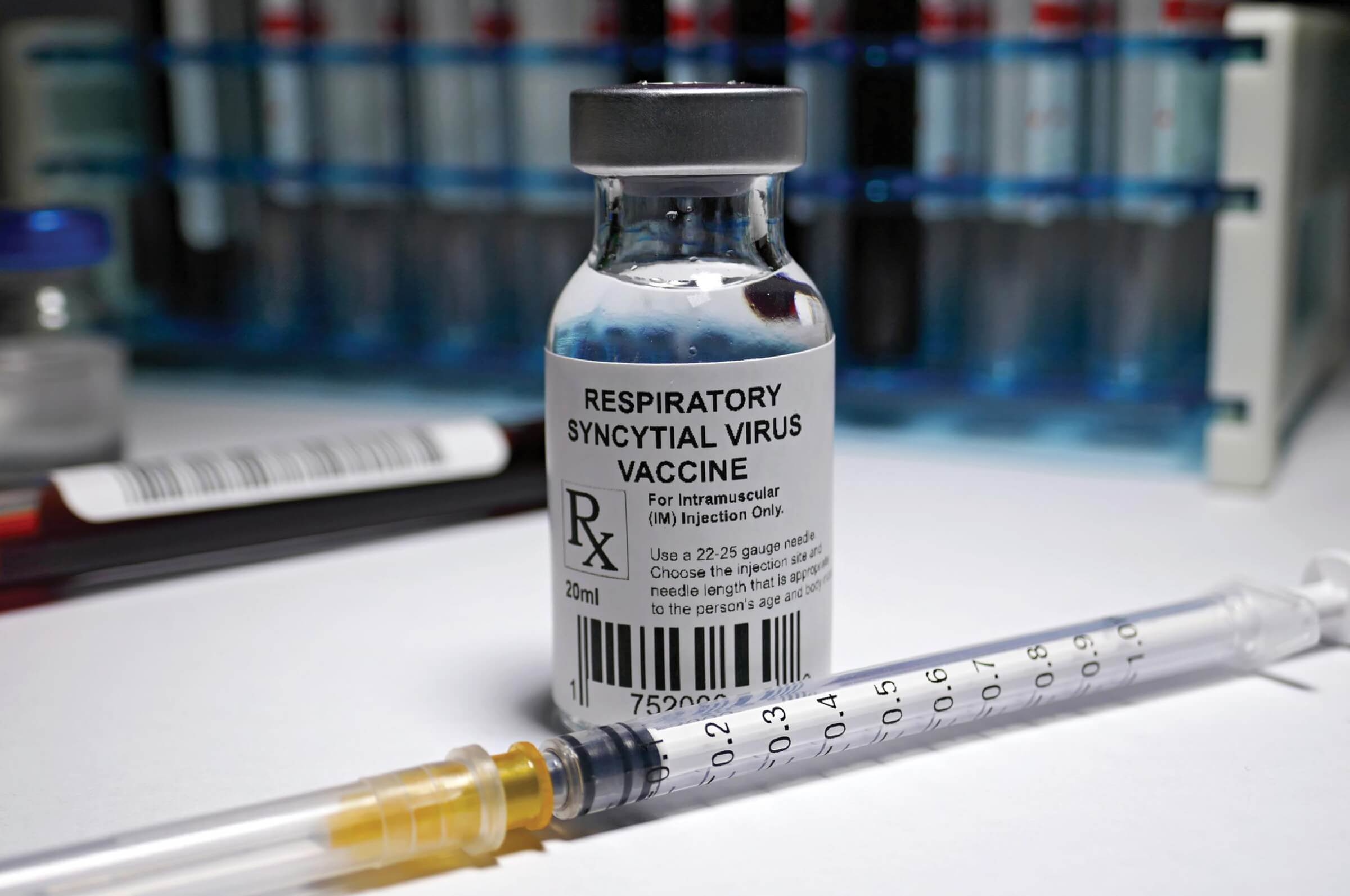
“We have learned over the last 20 years that [RSV] probably causes as much illness as influenza,” says William Schaffner, M.D., a professor of preventive medicine and infectious diseases at Vanderbilt University School of Medicine. Older people with diabetes, heart disease, lung disease or kidney disease, and individuals who are immunocompromised or live in a nursing home or other group setting are at elevated risk.
“Most healthy 60-year-old individuals who don’t live in group settings, are not immunocompromised, don’t have underlying health factors—their bodies can probably handle fighting off RSV without a vaccine,” says Chad D. Neilsen, an infectious disease epidemiologist at University of Florida Health in Jacksonville, although it’s still important to discuss the decision with your doctor. —Rachel Nania
SKIN CANCER
Jimmy Buffett’s death from skin cancer has me really worried, given all the sunburns I’ve had over the years. How often should I get skin checks?
ONE TO TWO times per year, depending on your skin type and personal and family history of skin cancer, says Doris Day, M.D., a New York City–based board-certified dermatologist.
Though Merkel cell carcinoma, the type of cancer that claimed Buffett at age 76, is extremely rare, skin cancer itself is not. By age 70, 1 in 5 Americans will develop some form of skin cancer, according to the Skin Cancer Foundation. Your sun-drenched past could come back to haunt you: Five blistering sunburns in your teens ups your risk of melanoma—a form of skin cancer that kills about 8,000 people per year in the U.S.—by 80 percent. Rates of nonmelanoma skin cancers, such as basal and squamous cell carcinomas, are also highest in older adults.
Just five blistering sunburns in your teens ups your risk of melanoma by 80%.
Regardless of your tanning history, stay alert for changes in your skin, Day says. In one study, in which skin checks were performed on 552 people over age 70, more than one-quarter of people had skin cancer or precancer. “Getting a skin check often means that a dermatologist can reassure you that a specific spot is benign, or it can catch skin cancer early, when outcomes are better,” she says. —Jessica Migala
COVID-19
I’m up to five COVID boosters. Should I really be signing up for yet another shot now?
YES. IF YOU DIDN’T get a COVID vaccine this fall, you need to hustle and catch up.
The most recent shot, which was released in September 2023, isn’t actually a booster. It’s a new vaccine that targets the latest variants. So even if you got the previous booster, you’re not fully protected from the current versions of the virus.
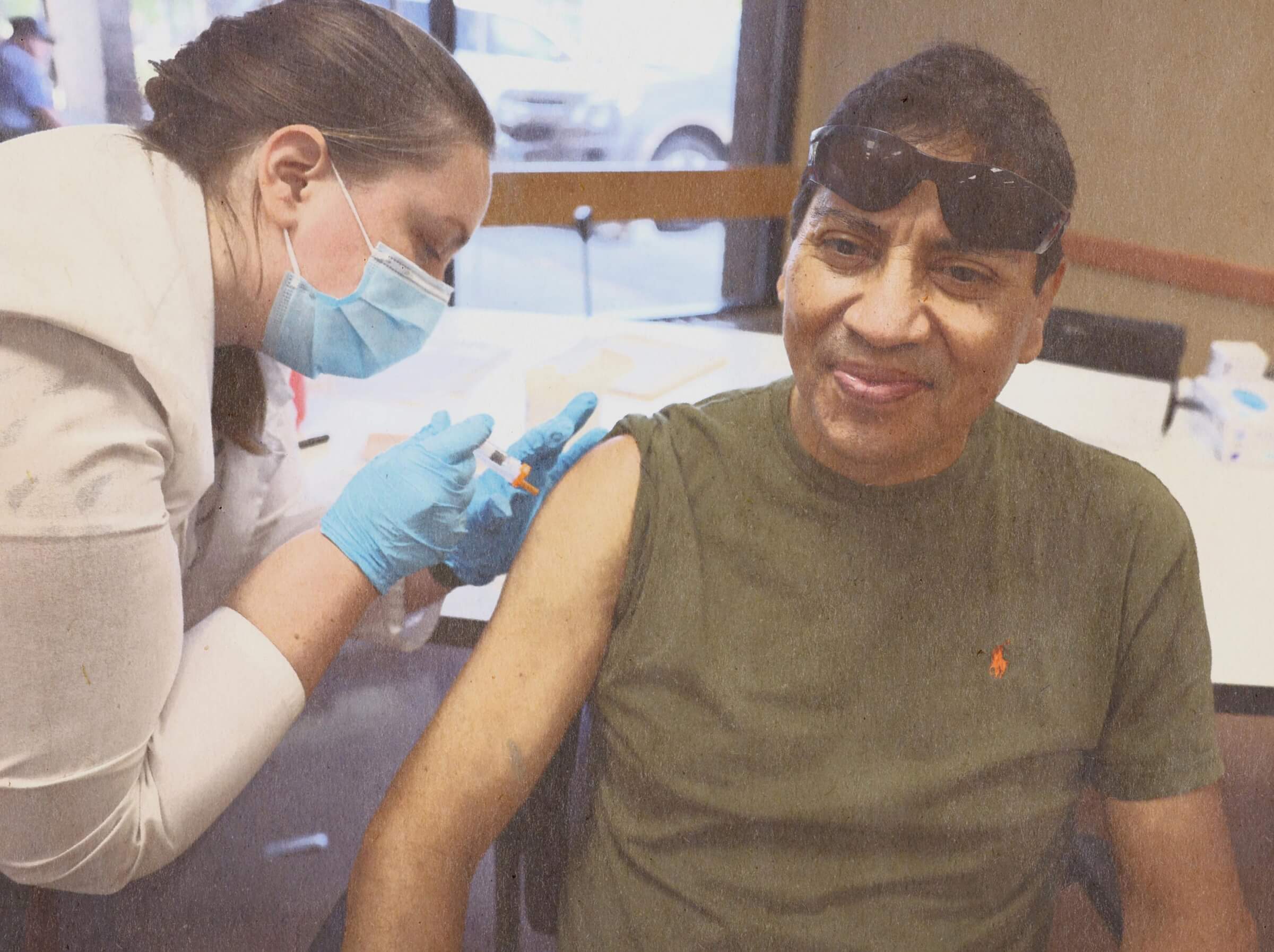
Researchers who study the virus predict that COVID will continue to circulate throughout the winter, along with flu, RSV and other viruses that send hundreds of thousands of older adults to the hospital each year.
“One thing that we’ve learned over the past three and a half years is that [the coronavirus] isn’t a seasonal virus like the flu is. It’s with us constantly,” says David Montefiori, director of the Laboratory for AIDS Vaccine Research and Development at Duke University Medical Center. “And as immunity wanes in the population, we’re going to continue to see increased numbers of infections and associated increases in hospitalizations and deaths.”
The coronavirus vaccine could become an annual shot, like the influenza vaccine. Researchers are even working on a combined COVID-flu vaccine, so a few years from now, a single shot from your doctor or pharmacy may be all you need to protect yourself fully. —RN
COLD REMEDY
I read that the decongestants I’ve been taking for years don’t actually work. What should I do now?
IT’S TRUE: A panel that advises the Food and Drug Administration announced that a decongestant in many cold and flu medicines—called phenylephrine, or PE on packaging—won’t harm you, but it won’t unstuff your nose either. “It’s almost like a placebo when it’s taken orally,” says Stefanie Ferreri, a professor of pharmacy at the University of North Carolina Eshelman School of Pharmacy. (It is effective as a nasal spray.)
But there are options that do work. Pseudoephedrine is an effective oral alternative, says Sarah Westberg, a professor at the University of Minnesota College of Pharmacy. Just know that pseudoephedrine (which is sold OTC from behind the pharmacy counter) can cause an increase in blood pressure, so talk to your doctor if you have high blood pressure or heart disease.
Nonmedicated saline nasal sprays can also help relieve congestion. So can steamy showers and humidifiers. —RN
SMOKING
I stopped smoking more than 20 years ago. All of a sudden, my doctor wants me to get a lung scan. Why now?
RECENT SCIENCE INDICATES your lung cancer risk, even as a long-ago smoker, may be higher than once thought. Since 2021, the U.S. Preventive Services Task Force has recommended screening for a wider range of former smokers, lowering both the age and the number of smokes that qualify individuals.
“There’s a common misperception that if you already quit, you don’t need to be screened for lung cancer,” says pulmonologist Michael Wert, M.D., medical director of the lung cancer screening program at the Ohio State Wexner Medical Center.
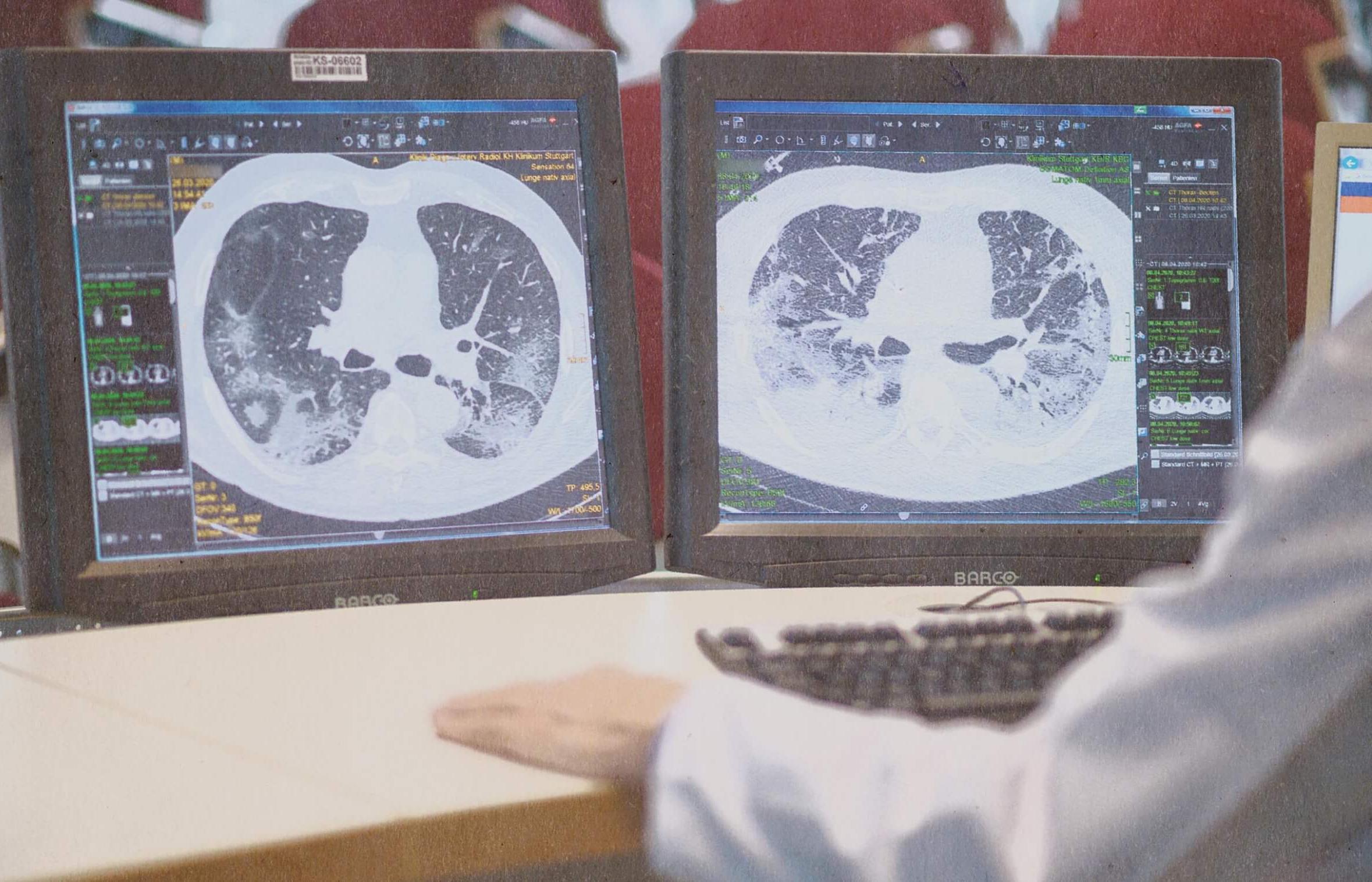
It’s true that your risk for developing lung cancer drops every year from your quit date. But for former heavy smokers, even after 25 years, the odds of lung cancer remain three times as high as in never-smokers, according to a study in the Journal of the National Cancer Institute. You should have an annual lung scan if:
→ You’re 50 to 80 years old and a former or current smoker.
→ You have a “20-pack-year” smoking history. (Example: one pack per day for 20 years or two packs per day for 10 years.)
A low-dose CT (computed tomography) scan checks for abnormalities in your lungs. “This is probably the easiest cancer screening technique that we have. There’s no prep, and it takes a few minutes,” Wert says. —JM
SUGAR
I’ve used sugar substitutes in my coffee for years, but there’s been a lot of confusing news about them recently. Are sugar substitutes healthier than sugar or not?
IT’S TRUE THAT there’s been some less-than-sweet news about sweeteners lately. Studies have linked the no- and low-calorie options to everything from heart attacks to gastrointestinal issues. In July, the World Health Organization named the artificial sweetener aspartame a possible cause of cancer.

The Food and Drug Administration, which approved aspartame in the ’70s, maintains that it and others like it are safe, so long as you’re not overdoing them. (According to the FDA, a person can consume 75 packets of aspartame each day and still be within the safe limits.)
According to the FDA, you can consume 75 packets of aspartame each day and be within safe limits.
So what’s one to do? There’s no doubt that cutting down on the amount of sugar you consume can be a boon for your health. But that doesn’t mean simply swapping sweeteners for sugar, says Dariush Mozaffarian, M.D., a cardiologist and professor of nutrition at the Friedman School of Nutrition Science at Tufts University. The real goal should be to wean yourself off sweet foods and drinks altogether. Think of sweeteners more as a bridge to better health, rather than as a destination. “If you’re going to have a 20-ounce soda, it’s probably better to have a diet [soda]. But, you know, better to have neither,” Mozaffarian says. —RN
SUPPLEMENTS
I hear a lot about “adaptogens.” What are they, and do I need them?
NEED? NO. But adaptogens—herbs and other plants that have anti-stress benefits—have been shown to improve sleep and boost cognitive function, says Chris D’Adamo, director of the Center for Integrative Medicine at the University of Maryland School of Medicine. “These substances aid in your body’s ability to adapt to stressors,” he says. Still, talk to your doctor about any potential interactions between medications you’re on and these supplements.
Examples of adaptogens include ashwagandha, rhodiola rosea, maca, chaga and holy basil—not exactly dietary staples. D’Adamo cautions: “Taking an adaptogen is not a replacement for core lifestyle habits.” —JM
FITNESS
Everyone obsesses over getting 10,000 steps a day. Do I really need to hit that goal?
WHEN IT COMES to moving your body, more is better. But research published this year in the European Journal of Preventive Cardiology found walking just shy of 4,000 steps a day—3,867, to be precise, or roughly 2 miles—can reduce your risk of dying from any cause.
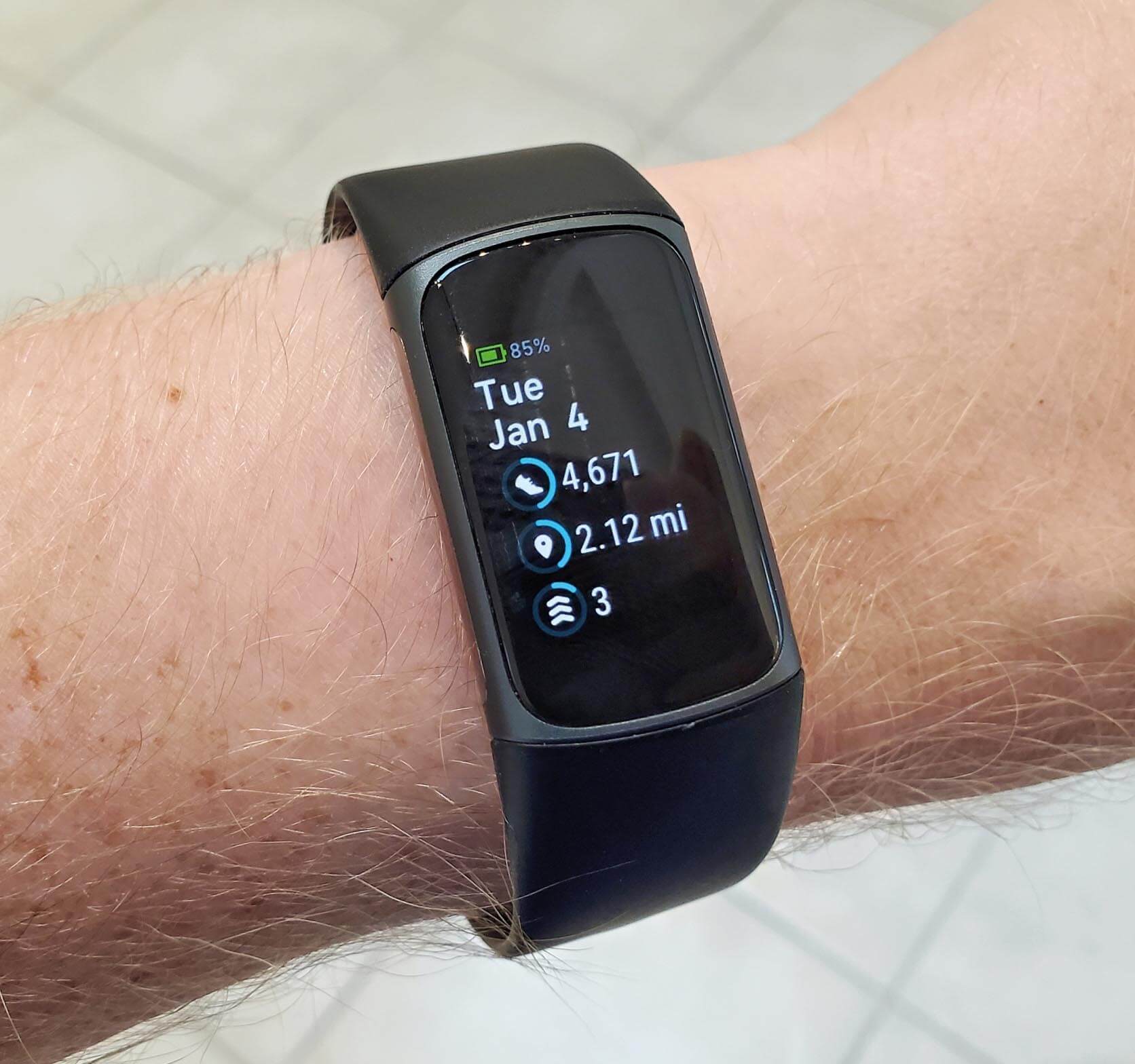
Researchers found that the risk of dying decreases the more you walk. An increase of 1,000 steps a day—that’s about 10 minutes of walking—was associated with a 15 percent reduction in dying from any cause; an increase in 500 steps was linked to a 7 percent reduction in dying from cardiovascular disease.
“I think it’s important for people to realize that they’re not failing if they don’t get to 10,000 steps,” says Ciarán Friel, an expert in physical activity and exercise behaviors at Northwell Health’s Institute of Health System Science.
The average walking pace is about 20 minutes per mile, according to the CDC. So walking for about 40 minutes should get you close to 4,000 steps. Can’t walk for that long? Pointing to the study’s findings, Friel says walking 10 minutes more today than you did yesterday is a win. —RN
ANTIDEPRESSANTS
I want to stop taking my antidepressant medicine. What should I do?
DON’T DO anything until you talk with your prescribing doctor.
“Your body has become accustomed to the antidepressant. Quickly stopping will require an adjustment from your body that it’s not ready for,” says LaMont Moss, M.D., a psychiatrist at Kaiser Permanente in Colorado. When this happens, symptoms can come rushing back. “You may find it takes weeks to months to recover and get back to where you were before.”
If your doctor agrees that you no longer need the drug, they will help you decrease your dose gradually while watching for symptoms. “It’s a slow process, but if you do it with your provider, it can be done safely,” Moss says. —JM
DEMENTIA
Could relying too much on my smartphone for GPS, phone numbers, etc., be causing my recent decline in memory?
PROBABLY NOT. But some research indicates that smartphones can make older adults feel dumber, because they flood us with numerous data sources, while our natural decline in “cognitive flexibility,” or the ability to multitask, makes processing all this data more difficult.
Still, if you’re concerned about your memory, speak to a doctor. Plenty of issues can toy with your memory, and many of them are fixable, including sleep issues and some medications.
“The earlier you can address your concerns, the more likely you can participate in your care and preserve your independence,” says Joel Salinas, M.D., clinical assistant professor of neurology and an expert on neurodegenerative diseases, dementia and Alzheimer’s at NYU Langone Health. Your doctor can ask a few questions about your recent habits and medicines and put you through a simple battery of tasks to get a handle on your brain health.
For people 65 and older with Medicare Part B, this kind of cognitive health visit is covered every year. Even if you’re younger, it’s worth checking. The remedies to your brain lapses may be easy, and if you’re dealing with the start of real memory problems, the sooner you know, the sooner you can take steps to support your brain health and independence. —Cori Vanchieri

MARIJUANA
Recreational use of marijuana became legal in my state, and several friends have started taking THC gummies. Are they really safer than smoking a joint?
“SMOKING ANYTHING is bad for your lungs,” says Peter Grinspoon, M.D., a primary care physician and cannabis specialist at Massachusetts General Hospital. A cannibus-infused gummy may be safer—if you get the dosing right.
“Smoking anything is bad for your lungs.”
“The effect from an edible can come on one to two hours after consumption,” Grinspoon says. As a result, it’s easy to overconsume the drug, resulting in consequences such as increased anxiety, palpitations and fatigue. “With smoking a joint, the effect is virtually instantaneous, and one can, after a minute or two, decide whether to take a second puff—so it is relatively easier to titrate to the correct dose,” he explains. Also keep in mind that you’ll typically feel the effects of a joint for two to four hours, while gummies’ effects can linger for six to eight. Speak to a medical professional educated in cannabis for help on finding your ideal dosing, and buy only from legally licensed dispensaries. The rule of thumb when ingesting edibles is to “start low and go slow,” Grinspoon advises. —JM
TICK BITES
Every few months, there’s a warning about a new tick-borne disease. What do I really need to worry about?
THERE ARE A number of scary and relatively new diseases caused by ticks, including alpha-gal syndrome (which causes an allergy to red meat) and Powassan virus (a rare but often severe neurological disease). But it’s the classics such as Lyme disease (the number of cases has roughly doubled since 2000, according to some sources) that you need to be aware of. Start with a trip to the doctor for a blood test if you experience a rash or flu-like symptoms or are otherwise feeling crummy after a tick bite.
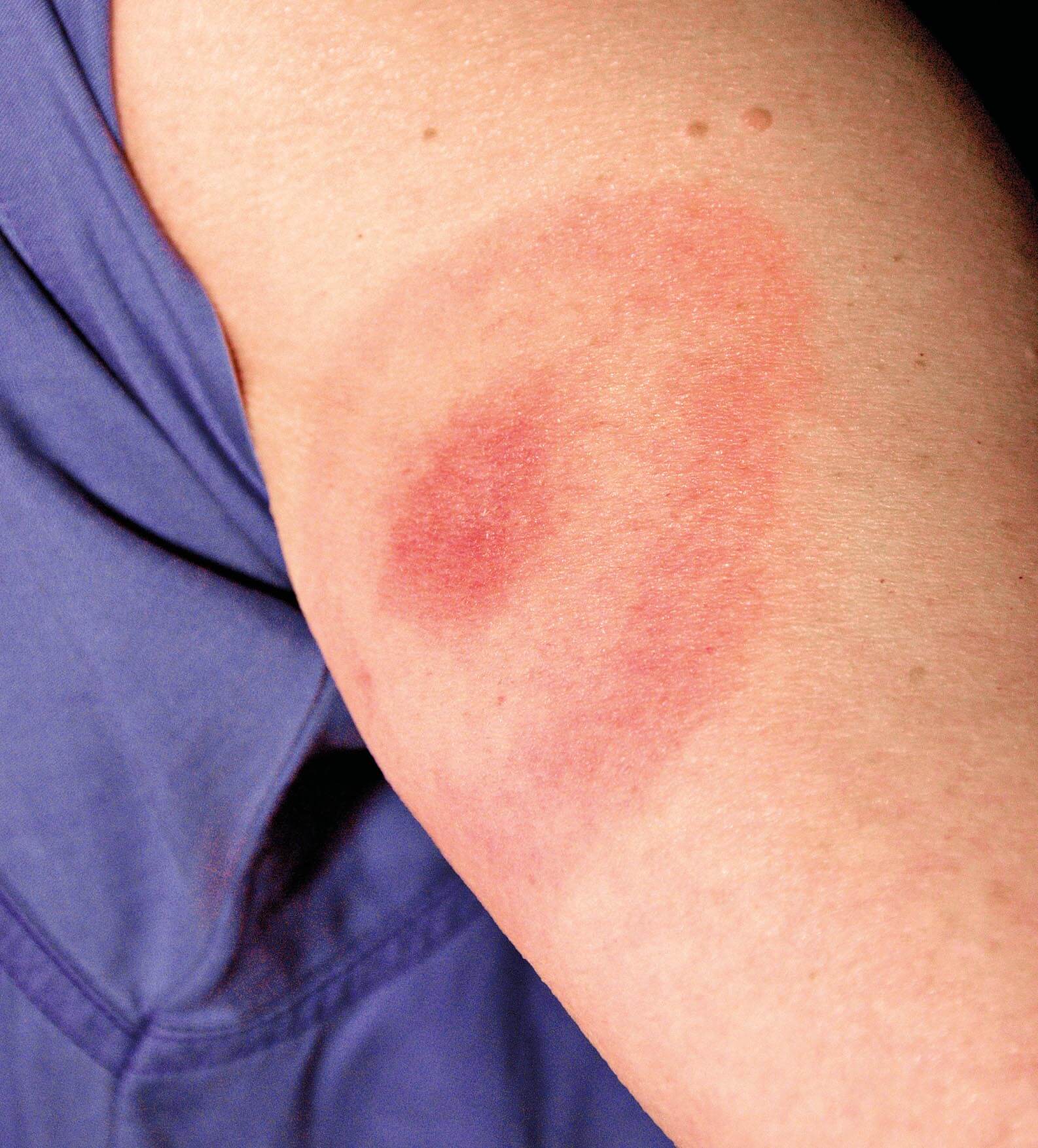
TO REMOVE A TICK: Use fine-tipped tweezers. Grab as close to the skin as possible and pull straight up (rather than wiggling it out).
If you have a picture of the tick that bit you (or the actual tick, in a well-sealed container), bring it along with you, because that can help. Different ticks transmit different germs, says Thomas Mather, a tick expert and director of the University of Rhode Island’s Center for Vector-Borne Diseases, “so you need to really be able to distinguish between ticks to know what type of germ you might get.”
In some cases, your doctor may prescribe an antibiotic even before a diagnosis is confirmed, since early treatment is linked to better outcomes. —RN
BREAST CANCER
My doctor told me I have dense breasts. Why haven’t I heard of this before? Does this mean I’m at higher risk for breast cancer?
YOU MAY NOT have heard the term “dense breasts” before, but it could soon become common, thanks to a new FDA rule that will require mammogram facilities to inform women of their breast density.
If you find out you have them, there’s no need to panic—but you will want to discuss your breast cancer risks with your doctor.
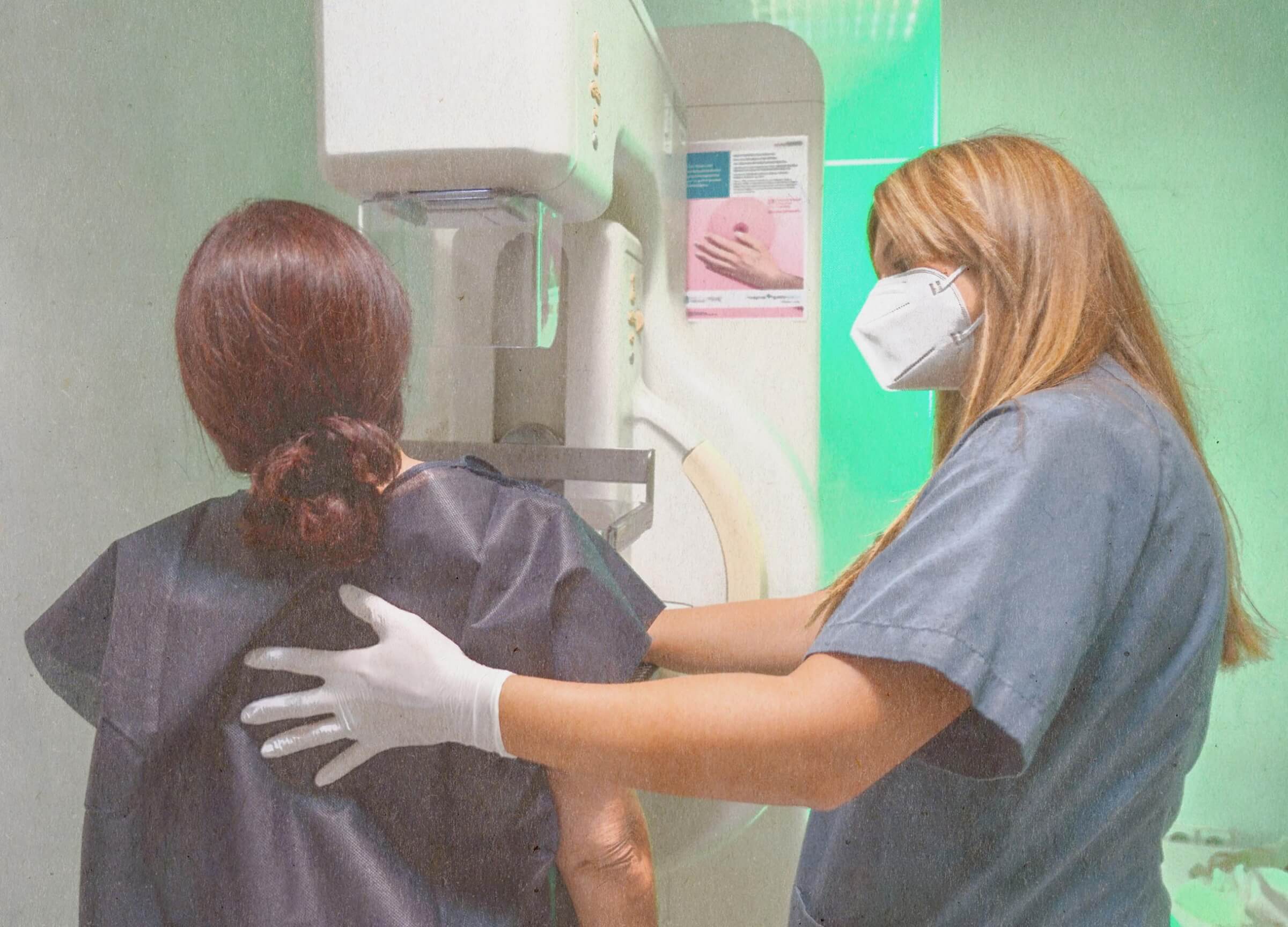
Here’s why: Dense breast tissue—about half of women over the age of 40 have it—can make it more difficult to detect cancer on a mammogram, says Tari A. King, M.D., chief of breast surgery at Dana-Farber Brigham Cancer Center, in Boston. In fact, traditional mammograms may miss up to half of cancers in dense breasts.
Women with what King calls extremely dense breasts are at increased risk for breast cancer, though scientists are not sure why, the CDC says. If your doctor says you have dense breasts (it’s not something you’ll be able to feel yourself), he or she may recommend additional imaging with an ultrasound or MRI at your routine breast cancer screenings. “There’s not a one-size-fits-all approach when it comes to recommendations for additional imaging,” King says, although technological advances may change how breast cancer is screened for in the future: In clinical data gathered from 140 women with dense breasts, doctors using mammograms combined with 3D whole-breast ultrasound tomography (a diagnostic technique that sends sound waves through the breasts) found 20 percent more cancers than with mammograms alone.
And remember: Dense breast tissue is just one breast cancer risk factor on a list of several. Age, family history, physical inactivity and alcohol use play a role as well.
Knowing all your risk factors “is a really important step forward for patients to be proactive” in their breast health care, says Megan Kalambo, M.D., an associate professor in the department of breast imaging at the University of Texas MD Anderson Cancer Center in Houston. —RN
HORMESIS
My social media feed is filled with people taking ice baths, and several cryotherapy places have opened up near me. Sounds painful. Is it actually good for me?
THE ICE BATH trend has been covered everywhere from The Wall Street Journal to Shark Tank. And you can bet that if there’s a trend, there will be entrepreneurs looking to make money from it: Major online retailers sell ice bathtubs for home use, and cold-plunge spas are popping up in many cities.
Although the benefits are still being researched, immersing yourself in cold water has been linked in some studies to everything from revving up one’s immune system to activating metabolism and boosting moods.
“The concept is called hormesis, which is essentially that what doesn’t kill you makes you stronger,” says Mark Hyman, M.D., an avid daily cold plunger and author of Young Forever: The Secrets to Living Your Longest Healthiest Life. Stressing the body causes it to double down on self-healing. And you don’t need to jump into a frozen lake; Hyman says you can start by soaking in a bathtub for as little as one minute in water 60 degrees or cooler, or even by turning the dial down on the shower for a quick icy blast. —Nicole Pajer
NUTRITION
I don’t eat enough produce. Are those fruit-and-vegetable capsules that are advertised on TV a solution?
UNFORTUNATELY, NO. “It’s impossible to replicate what you’d get from real food by taking a supplement,” the University of Maryland’s Chris D’Adamo says.
Only about 1 in 8 adults over age 51 eat enough fruits and vegetables to meet the FDA’s recommended amounts (a modest 1.5 to 2 cups of fruit and 2 to 3 cups of vegetables per day). Savvy businesses know that, so marketers have begun pitching capsules, gummies and powders that claim to pack the equivalent nutrition of a dozen or more fruits and vegetables.
Even if these supplements contain beneficial ingredients, real produce has thousands of complementary nutrients that can’t be duplicated in a supplement, D’Adamo says. Plus, these capsules are mostly devoid of fiber—something that fresh produce is loaded with and that feeds the gut bacteria to keep it healthy. A study in The American Journal of Medicine on more than 1,000 adults over age 60 found that consuming more fiber is associated with better cognitive function. —JM
ACID REFLUX
I read in the news that long-term use of the proton pump inhibitors I take for acid reflux may be linked to dementia. What else I can do for digestive relief?
WHILE THERE IS no definite science showing that proton pump inhibitors (PPIs) cause dementia, some studies have shown that the longer you take them, the greater your dementia risk. Though PPIs are a powerful tool in fighting reflux and its negative health consequences, it might make sense to explore other long-term options.
Fiber-rich foods such as oatmeal, whole-grain bread, root vegetables and brown rice can help. Bananas, which are alkaline, can help neutralize stomach acid. As long as you aren’t lactose intolerant, milk and yogurt are good choices. “Acid reflux causes damage to the lining of the esophagus,” says Nipaporn Pichetshote, M.D., a gastroenterology specialist at the University of Southern California’s Keck School of Medicine in Los Angeles. “Milk and yogurt coat the esophagus.”
Things to avoid include fried and fatty dishes, citrus fruits (especially lemons and limes), tomatoes, peppermint, carbonated beverages, coffee and alcohol. —Betsy Agnvall
SKIN CARE
I get skin tags sometimes, and they’re so ugly. Can I remove them myself?
YOU CAN REMOVE skin tags safely, but put down those sharp implements—cutting your skin can cause permanent scarring.
The best way to remove small skin tags at home is to tie a thin piece of string around the base of the tag, then wait a few days for it to die and fall off.
“The idea is you’re physically trying to cut off its blood supply, which allows it to shrivel up and fall off,” says Susan Massick, M.D., a board-certified dermatologist at the Ohio State University Wexner Medical Center. Dental floss works well because it’s the right thickness. —BA
VITAMIN D
Yikes! They say that living above the 37th parallel puts someone at risk of vitamin D deficiency in winter. Where is that, and should I be worried?
“THE FARTHER north a person lives, the shorter the days and the lesser exposure to sun,” says Brent Bauer, M.D., director of the Mayo Clinic’s complementary and integrative medicine program. Recently, news reports have identified the 37th parallel—a west-east line that runs south of San Francisco, along the northern border of Oklahoma and just above the northern border of North Carolina—as a likely cutoff point. If you live north of those places—in New England, the Pacific Northwest or the Dakotas, for example—you might want to ask your doctor about taking a vitamin D supplement.

However, sunshine isn’t the only factor affecting your vitamin D levels, Bauer says. They’re also influenced by your skin color, age and weight, as well as how much vitamin-D-rich food you consume—especially fatty fish such as salmon and mackerel.
The National Academy of Medicine recommends that adults use foods and supplements to get 600 IU of vitamin D daily up to age 70 and 800 IU daily after that. Food sources include salmon, canned light tuna and some mushrooms, along with fortified foods and drinks, such as milk and orange juice. Take it seriously; a study released this summer showed that vitamin D supplements could help prevent heart attacks. —BA